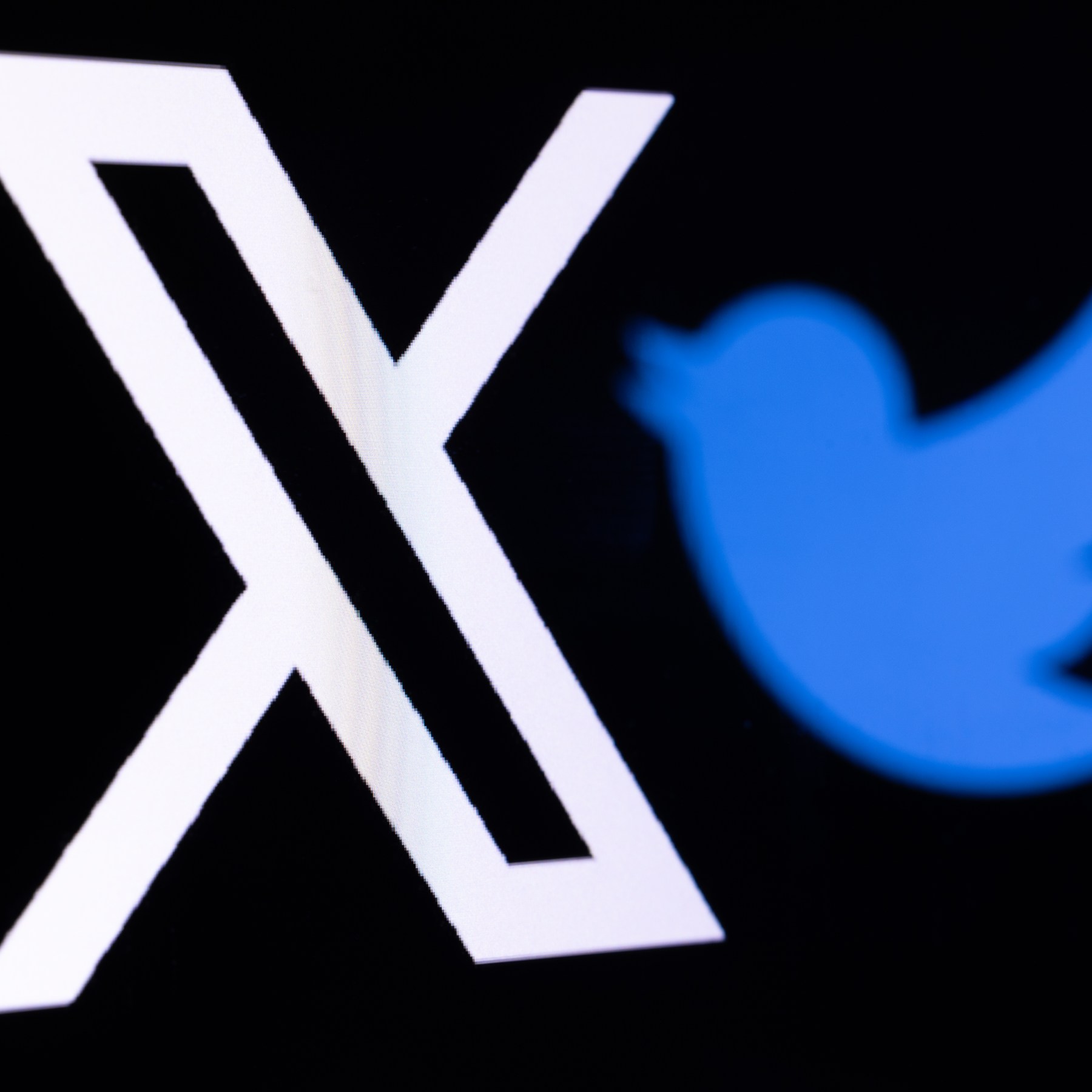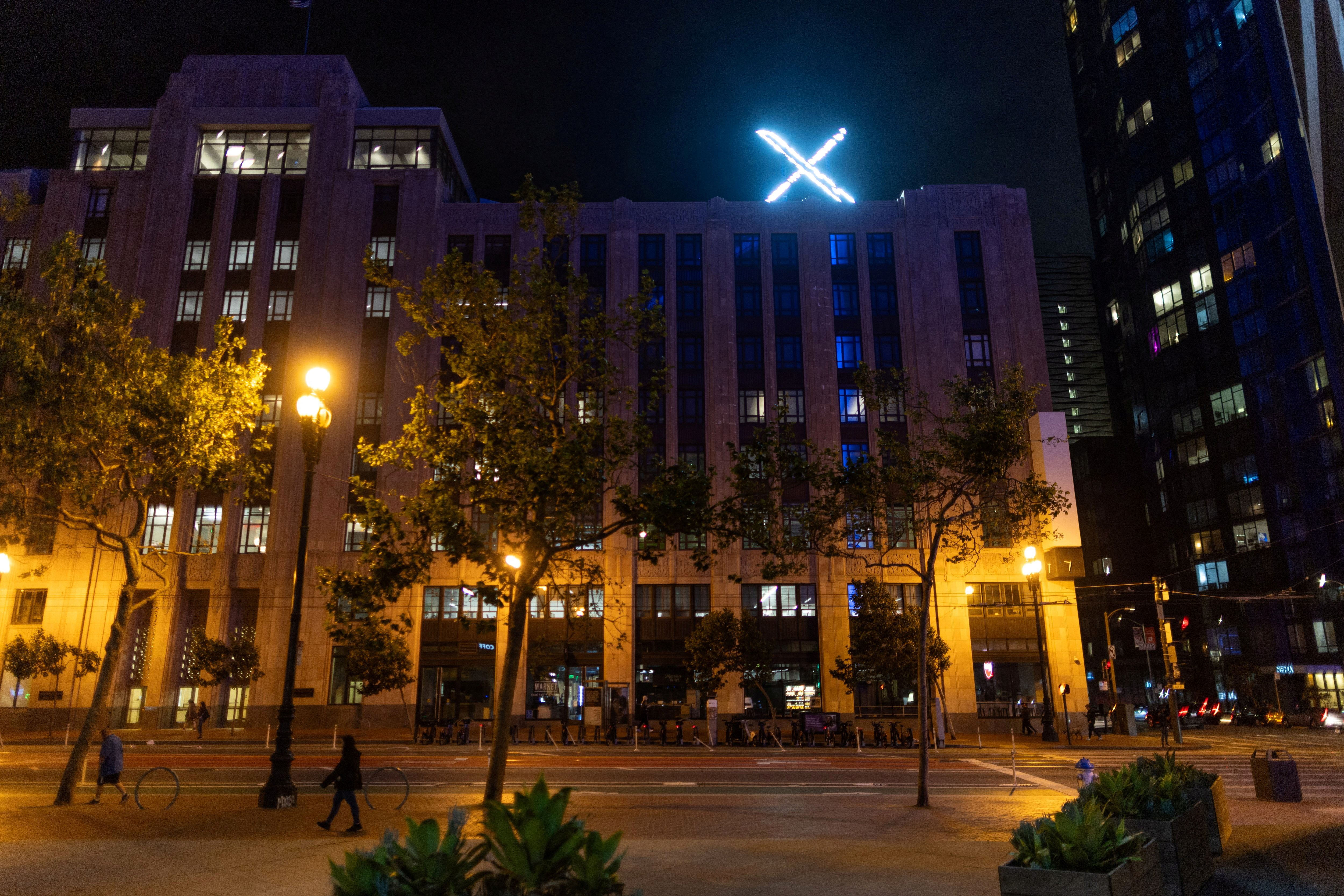AFP sues X for refusing to pay compensation for news; Musk replies

AFP sues X for refusing to pay compensation for news; Musk replies
Elon Musk-owned X, formerly known as Twitter, is currently facing legal action in France under copyright law. The Agence France-Presse (AFP) news agency has initiated the lawsuit, alleging that X has demonstrated a “clear refusal” to engage in discussions concerning compensation for the sharing of AFP’s news content on the social media platform.
AFP claims that X has not cooperated in providing the necessary information on the reuse of its news content, which is vital for calculating the appropriate remuneration under France’s neighbouring rights legislation. As a result, AFP is seeking an urgent injunction from a court in Paris to compel X to furnish the required data.
The dispute between AFP and X underscores the broader challenges news agencies and media organizations face concerning fair compensation for using their content on social media platforms. France’s neighbouring rights legislation aims to protect news agencies and publishers by granting them the right to be remunerated when their content is shared or distributed by online platforms.
AFP’s legal action against X highlights the growing importance of addressing issues related to intellectual property rights in the digital age. As social media platforms continue to play a significant role in content dissemination, there is an increasing need for mechanisms to ensure fair compensation for content creators and rights holders.
The outcome of this legal battle could have implications beyond France, as it may set precedents and influence discussions surrounding copyright and neighbouring rights legislation in other jurisdictions. For media organizations worldwide, the case underscores the importance of protecting their content and seeking equitable compensation when their materials are used on digital platforms.
Ultimately, resolving these copyright disputes requires a delicate balance between promoting freedom of information and ensuring fair compensation for content creators and news agencies. As the legal proceedings progress, the case will be closely monitored by media organizations, social media platforms, and policymakers, as it may shape future copyright and remuneration practices in the digital media landscape.
In a press release, the Agence France-Presse (AFP) news agency has raised concerns over what it describes as a “clear refusal” from Twitter, which has recently been rebranded as ‘X,’ to engage in discussions regarding the implementation of neighbouring rights for the press. Neighbouring rights were introduced to allow news agencies and publishers to receive fair remuneration from digital platforms that benefit from the distribution of news content.

AFP’s statement highlights the significance of neighbouring rights legislation in ensuring that media organizations are appropriately compensated for their content when shared on online platforms. Digital platforms like Twitter (now ‘X’) often derive significant monetary value from the distribution of news content, and the neighbouring rights framework aims to provide a mechanism for sharing the financial benefits with content creators and publishers.
By expressing its concerns publicly, AFP is seeking to draw attention to the importance of fair compensation for news agencies and publishers and the need for open dialogue and cooperation between media organizations and digital platforms regarding the implementation of neighbouring rights.
The ongoing legal action by AFP against Twitter (X) in France underscores the complexities surrounding copyright and intellectual property rights in the digital era. The outcome of this case may have implications beyond France, potentially influencing discussions and practices related to neighbouring rights and content remuneration globally.
As media consumption increasingly shifts to digital platforms, the issue of fair compensation for news content becomes more pertinent. The case between AFP and Twitter (X) serves as a crucial example of the challenges and debates surrounding the rights of content creators in the digital media landscape.
It may also serve as a catalyst for further discussions and developments in copyright law and content monetization on digital platforms worldwide.Agence France-Presse (AFP) has announced that it has taken legal action by seeking an urgent injunction from the Judicial Court of Paris against Twitter (now rebranded as ‘X’). This legal move aims to compel Twitter to comply with the law and provide all necessary information required for assessing the remuneration owed to AFP under the neighbouring rights legislation.
AFP is a staunch advocate for the adoption of neighbouring rights for the press and remains steadfast in its commitment to this cause, even four years after the law’s inception. The legal action initiated against Twitter is a testament to AFP’s ongoing dedication to ensuring fair compensation for news content shared on digital platforms.

By pursuing legal proceedings against Twitter, AFP aims to enforce its rights under the neighbouring rights legislation and uphold its principles of fair distribution of the value generated by sharing news content. The agency emphasizes that it will continue to employ appropriate legal measures with each relevant platform to secure fair compensation for content creators and publishers.
The legal action represents an important step in the ongoing battle to protect the rights of media organizations in the digital era. As media consumption patterns evolve and digital platforms play a crucial role in content dissemination, the issue of fair remuneration for news content becomes increasingly significant. AFP’s stance highlights the need for open dialogue and cooperation between media organizations and digital platforms to ensure a sustainable and equitable digital media ecosystem.
The European Union (EU) agreed to extend copyright law to encompass excerpts of news content shared on digital platforms in 2019, and this provision was subsequently incorporated into French law in July of the same year. However, it appears that Elon Musk, the owner of Twitter (now ‘X’), may not have been aware of this update at the time. It is possible that Musk’s focus during that period was primarily on endeavors such as electric car manufacturing, space exploration through his company SpaceX, tunnel-digging projects, and engaging in provocative interactions on Twitter.
The extension of EU copyright law specifically targets article extracts and most snippets of news content that are shared on digital platforms. It goes beyond textual material and also encompasses other forms of content produced by news publishers, such as photographs, videos, and infographics. Under this legislation, news publishers’ content is protected for a period of two years from its original publication date.
By broadening the scope of copyright protection to include digital platforms, the EU seeks to safeguard the rights of news publishers and ensure fair compensation for the use of their content online. The move addresses the challenges posed by digital media consumption and the need to balance the interests of content creators with the operations of online platforms.

While Elon Musk’s Twitter (X) is embroiled in a legal dispute with the Agence France-Presse (AFP) over neighbouring rights, it is important to recognize the broader context of copyright law in the digital landscape. The EU’s copyright extension aims to create a more equitable environment for media organizations and content creators, promoting sustainable journalism and content creation in the digital age.




